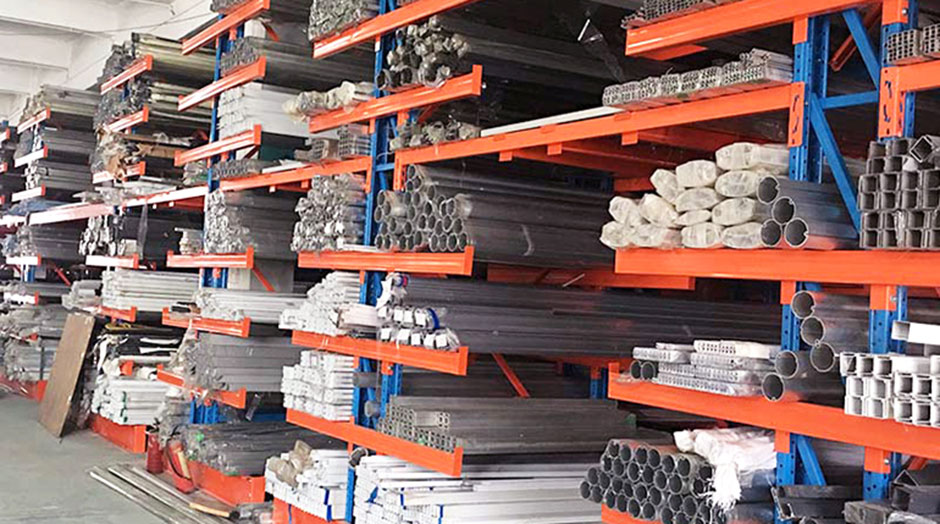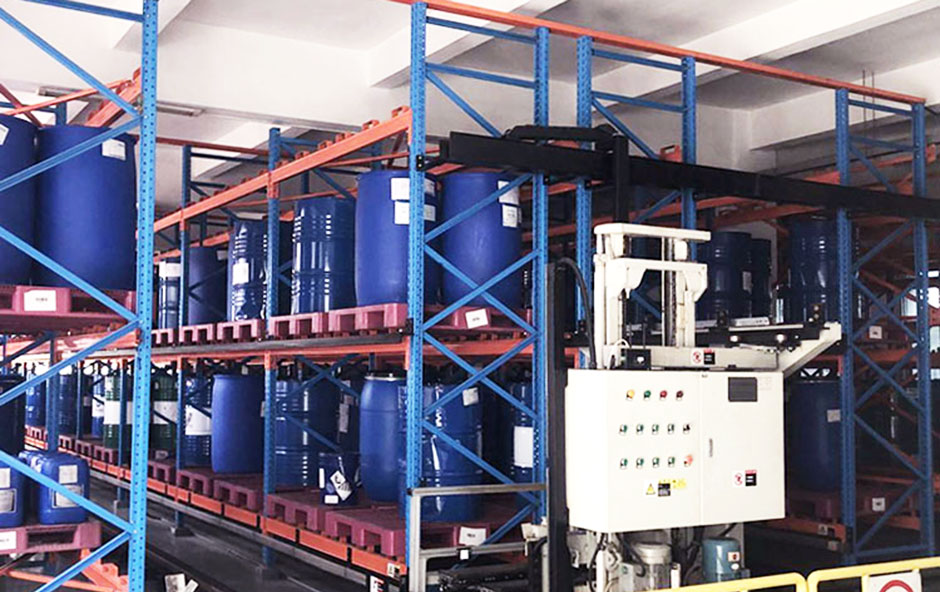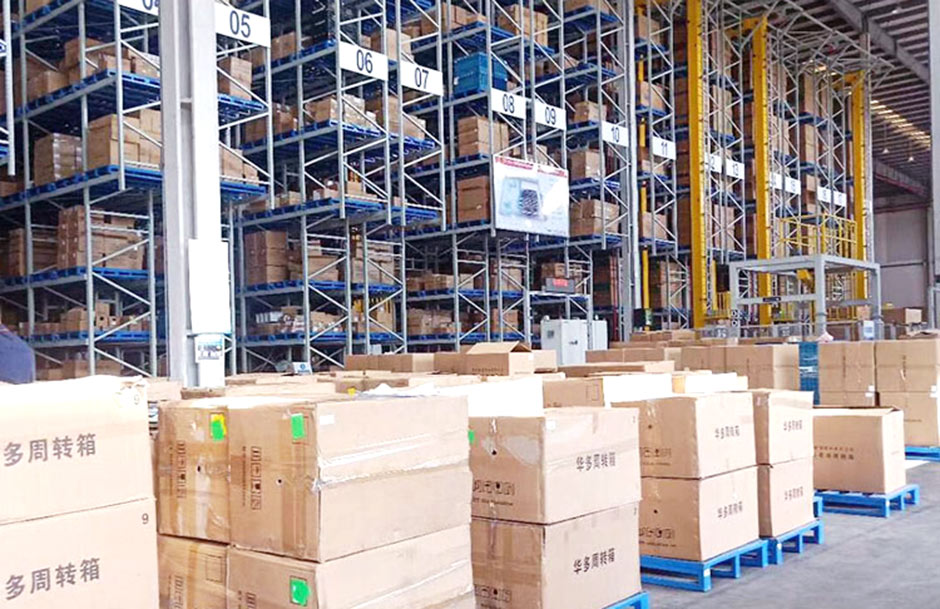 June 16, 2022
June 16, 2022
Who Should Manage The Warehouse? This Is A Very Important Question
 June 16, 2022
June 16, 2022
 Return
Return
Warehouse management is not taken seriously
Warehouse is the most basic department of a company. In the early stage of the company's development, it is generally not valued by the management, so there is a lot of randomness in the issue of ownership.
But as the company grows, the disadvantage of warehouse lag becomes more and more obvious. Not only will it cause a lot of waste, but it will also delay production.
Perhaps a simple warehouse ownership will not affect any strategic positioning and development of the company, but it reflects the degree of standardization and specialization of a company.

The ownership of warehouse management is not clear
The warehouse is composed of warehouses, shelves, transportation facilities (such as cranes, forklifts, elevators, etc.), pipelines and equipment. Day-to-day management is trivial and complex.
Who is in charge of the warehouse is always a difficult problem for enterprises. In many companies, the ownership of the warehouse is a big problem, and no department is willing to manage it.
Different enterprise warehouses belong to different departments. Here are a few main examples.
1. The warehouse belongs to the logistics department.
The logistics department generally includes warehouses and distribution or transportation, sometimes it may also include procurement. Actually this is reasonable, because It is divided from a professional point of view, which is conducive to the work of the warehousing business.
2. Belongs to the Finance Department. Many large private companies are set up this way.
It is conducive to the management and control of the company's assets, from the perspective of asset management, it can maintain the security of wages and property to the greatest extent.
However, it is against the principle of separate management of accounts and objects, and not conducive to the management of warehousing and circulation.
3. Belongs to the purchasing department or supply chain management department or material management department.
The advantage of this way is that it is divided from the perspective of material management and inventory, which is convenient for the procurement department to purchase materials, and can manage materials from the perspective of the entire supply chain to control costs. The disadvantage is that procurement and storage management also do not conform to the principles of internal auditing , the procurement process is easy to breed bad problems.
4. Belongs to the production department.
The warehouse belongs to the production department. This method generally exists in small enterprises, which supply chain system is not perfect, the scale of enterprises is small, and there is no need for separation.

Follow the scientific warehouse management method
There will be different answers for this question. But it must abide by the internal containment system of the enterprise, that is, the management of the account can not manage the property, and the referee cannot be an athlete.
In fact, the real reason for the unclear accounts of each enterprise is the purchase, sale and storage of the warehouse.
Entrepreneurs can solve this big problem only if they attach importance to warehouse management, and implement everything according to the scientific management system and standard process.
Entrepreneurs can solve this big problem only if they attach importance to warehouse management and implement everything according to the scientific management system and standard process.
With the development of warehousing and logistics in recent years, the status of warehouses has been gradually improved. Many professionals said that warehouses should be independent departments.
If it belongs to other departments, it can only focus on a certain part of the warehouse. For example, the sales department cares about the finished product warehouse, the production department cares about the intermediate warehouse, the purchasing department cares about the raw material warehouse, and the finance department cares about the account data. So the warehouse should be independent, more comprehensive management.
Which department does your company warehouse belong to? Do you think what is more reasonable choice?







